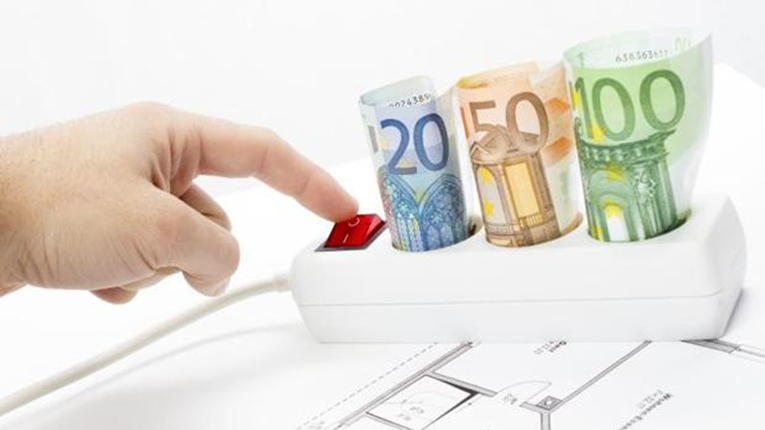The Minister of Energy, Virgil Popescu, responded from Brussels: the Union countries will adopt measures to reduce consumption, increase the liquidity of the markets, will overtax large profits and reduce gas prices, especially Russian ones, according to a statement posted on Facebook.
“Today, September 9, 2022, I participated in the Extraordinary meeting of the Energy Council, organized in Brussels, during which I had an exchange of views with my counterparts and with representatives of the European Commission on the high energy prices as well as preparations for the winter.
In the context of recent developments on the electricity market, as well as in the context of Russia’s continued aggression against Ukraine, it is necessary to act for the adoption of a set of measures that will allow the stabilization of the market and the decrease of the price paid by consumers.
The European Commission is currently working on a set of measures to mitigate high energy prices that will materialize in a legislative proposal in the second part of September. In the short term, the European Commission aims at the following measures: (i) reduction of electricity consumption at European level through voluntary and mandatory mechanisms for peak consumption hours; (ii) capture of additional revenues obtained by electricity producers above a certain ceiling to be established; (iii) solidarity contribution from companies in the fossil fuel sector; (iv) increasing liquidity in energy markets; (v) reduction of natural gas prices, with special emphasis on capping the price of natural gas imported from Russia,” the minister wrote on the social media page.
“Romania supported in the previous meetings the need to adopt measures at the community level to decouple the price of electricity from that of natural gas, which currently sets the closing price of the market. It is important that a proposal from the European Commission be issued in this regard as soon as possible.
Regarding short-term intervention measures, Romania supports a fair approach towards all member states. Capping the price of natural gas at the EU level, including that imported from Russia, is supported by several member states, including Romania, and could significantly contribute to reducing the volatility of the European market. It is also important to analyze the way the price of natural gas is formed on the European platforms, in order to eliminate any abusive behavior,” claims Popescu.
“Capturing additional revenues on the entire value chain is another tool that Romania is interested in and that it applies to ensure the financing of the established measures to offset bills for domestic and non-domestic consumers. Moreover, the Romanian Government recently adopted through Emergency Ordinance no. 119/2022 amending and supplementing the Emergency Ordinance 27/2022 extending consumer protection measures until August 2023. This includes a contribution from producers, traders and energy suppliers to the Energy Transition Fund which will ensure the financing of the measures social.
“Also, we supported the adoption at European level of the model used in the Iberian Peninsula of decoupling the price of natural gas from that of electricity. The measure would contribute to reducing the offer price of electricity on the market. We have also proposed coordinated support measures at the European level through support schemes for energy-hungry consumers whose energy product costs exceed 20% of the total cost. In addition, we supported the proposal to have a coordinated reduction in VAT applied to electricity sales at European level, as well as to temporarily cap the price of transactions made on the Day-Ahead Market and the Intraday Market.
The measures proposed by Romania and other member states regarding the temporary capping of the price of natural gas including imported gas, limiting the impact of the price of natural gas on the price of electricity, capping the income of infra-marginal producers of electricity, protecting companies affected by the crisis were reflected in the Council conclusions published by the Czech Presidency.”

